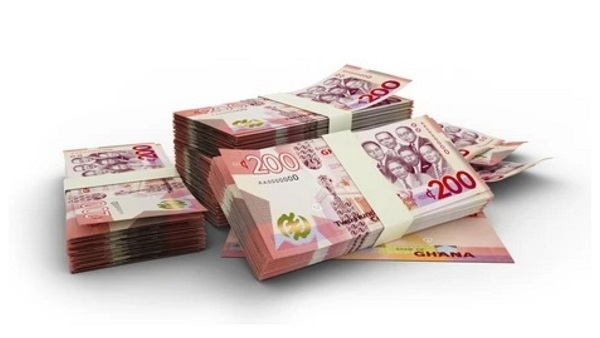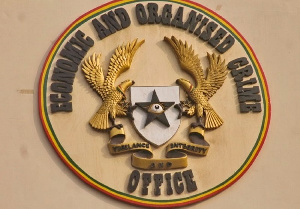Finance
Cedi Rise Sparks Mixed Reactions Among Business Operators in Takoradi

The recent appreciation of the Ghanaian cedi against major international currencies has sparked a range of reactions among business operators in the Sekondi-Takoradi Metropolis of the Western Region. While some entrepreneurs and traders have expressed satisfaction and optimism, others have raised concerns about the long-term sustainability and impact of the currency’s performance on their businesses.
The cedi’s strengthening, which has been attributed to various fiscal and monetary policy measures, has brought a sense of relief to some businesses that rely heavily on imports. These operators say that a stronger cedi reduces the cost of bringing in goods and raw materials, thereby lowering their operational expenses and increasing profit margins.
Speaking to Thepressradio.com, several businesspeople in Takoradi shared their views on the development. Many acknowledged that while the appreciation of the cedi is a welcome change, it also comes with mixed implications, depending on the nature of one’s business operations.
According to some importers and retailers, the stronger currency is a boon. They say they are now able to restock their inventory at lower prices, especially those who import electronics, clothing, spare parts, and other consumer goods. This, in turn, allows them to offer more competitive prices to customers and maintain their market share in a challenging economic environment.
“I think the government’s efforts in stabilising the cedi are commendable,” said Nana Sam, an accountant based at the Market Circle in Takoradi. “The improvement is likely due to a combination of measures including better fiscal management, a rise in export revenues, and the suspension of external debt servicing. These have helped improve the country’s balance of payments and investor confidence.”
Nana Sam also pointed out the role played by the Bank of Ghana in the recent developments. According to him, the central bank has been instrumental in maintaining macroeconomic stability by tightening monetary policy and increasing foreign exchange reserves, both of which have contributed to the cedi’s recent appreciation.
However, not everyone shares the same level of enthusiasm. Exporters, in particular, have expressed concern that the appreciation of the cedi could make Ghanaian goods more expensive on the international market. This, they argue, could lead to a decline in demand for local products abroad, potentially impacting revenues and foreign exchange earnings.
“While it’s good news for importers, we in the export business are facing a new challenge,” said Mr. Emmanuel Nyamekye, a timber exporter in Takoradi. “A stronger cedi means our goods become more expensive for foreign buyers. That could reduce our competitiveness and affect overall revenue from exports.”
In addition, some business operators remain sceptical about whether the current trend can be sustained. They caution that temporary improvements may not be enough to restore full confidence in the economy unless backed by long-term structural reforms.
Mr. Christopher Coomson, who operates a travel and tour agency in the region, noted that while the signs are positive, there is a need for cautious optimism. “We’re happy that the cedi is gaining strength, but we’ve seen this happen before, only for things to fall apart again. The government must stay focused on addressing the root causes of instability in the currency and work on sustainable economic strategies.”
He added that for sectors such as tourism, a stable currency was essential. Fluctuations in exchange rates often make it difficult to plan ahead, especially when dealing with foreign clients and partners. “A predictable and stable cedi is crucial for business confidence,” Coomson said.
Despite the varying opinions, there seems to be a shared consensus on one key point — the importance of currency stability for the broader economy. Many believe that a stable cedi will help reduce inflation, improve the cost of living, and attract foreign investment, all of which are critical for Ghana’s long-term economic development.
Business operators across the board are therefore calling on the government to double down on policies aimed at maintaining this upward momentum. They emphasise the need for prudent fiscal discipline, effective management of the country’s resources, and consistent support from financial institutions such as the Bank of Ghana.
In conclusion, while the appreciation of the cedi has been met with mixed reactions in the Sekondi-Takoradi Metropolis, it has sparked important conversations around economic resilience and policy direction. Stakeholders across various industries are hopeful that the gains made so far can be built upon to create a more stable and conducive business environment for all.
Source: Thepressradio.com| Seth| Takoradi





